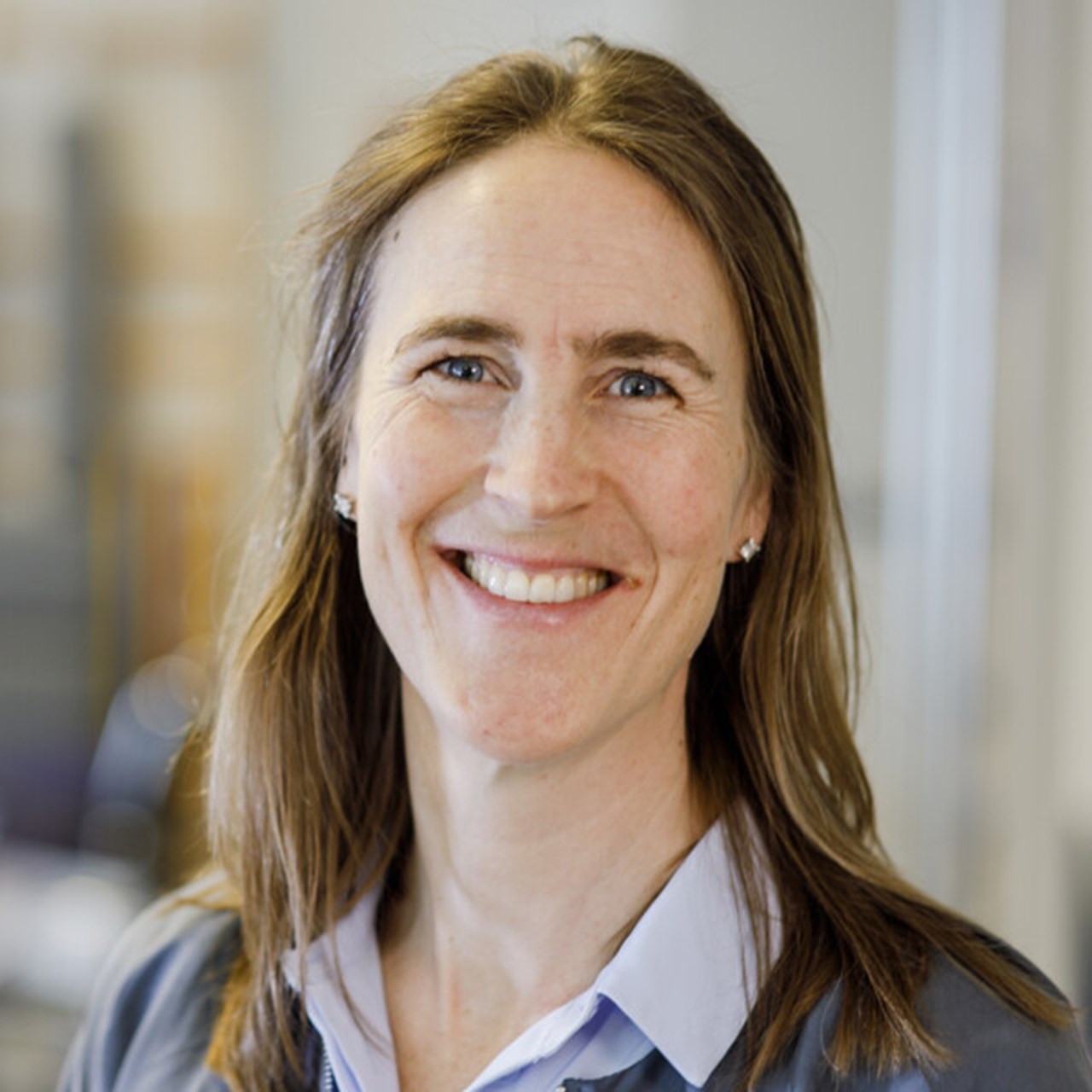About Karin Wadell
Name: Karin Wadell
Family: Large family, but the closest family are a husband, two children and a cat
Comes from: Stockholm
Lives: Umeå
Motivates me at work: Contributing to providing access to evidence-based and effective care for people with pulmonary disease
Inspires me: Solution-oriented people
Best relaxation: Spending time in nature and with family and friends as well as horse riding



